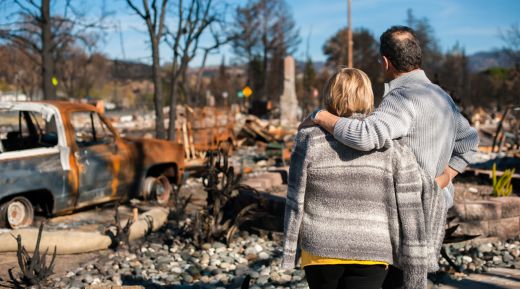



To receive important alerts and updates from Gold Coast Primary Health Network, please submit the form below.
"*" indicates required fields

To receive important alerts and updates from Gold Coast Primary Health Network, please submit the form below.

After a natural disaster, contaminated floodwater and mud can increase your risk of wound infections, diarrhoea, conjunctivitis, ear, nose and throat infections and other serious diseases.
Bacteria can enter the body through any skin break when in contact with floodwater, or by breathing in muddy droplets.
Floodwater is often contaminated by sewage, animal and household waste, and soil and mud that has been stirred up. While floodwaters may have receded, people may still be exposed to infection risks after contact with flood-affected water, soil and mud.
Infections and diseases caused by flood-affected water, mud and soil include, gastroenteritis, skin and wound infections including cellulitis and impetigo, leptospirosis, tetanus and less common conditions such as melioidosis.
If you or anyone you know develops a fever following contact with floodwaters, or has a wound that becomes dirty, red or sore, consult a doctor as soon as possible. If you do see a doctor, please make sure you tell them you have been exposed to floodwater.
Listen to your local radio and TV station or check your local council’s website (if possible) for updates on the safety of drinking water supplies. Follow any advice provided.
If you rely on a private drinking water supply that you believe may be contaminated by flood waters, you should seek an alternative source of drinking water.
After flooding, mosquito activity can increase due to the presence of standing/stagnant water. The best protection from mosquito-borne illnesses is to take appropriate action to avoid mosquito bites.
To minimise health risks when cleaning up after floods, Queensland Health urges people to:
Useful websites:
Public Health Advice for disaster management
So we can provide you with the most accurate information,
please tell us a little more about yourself

